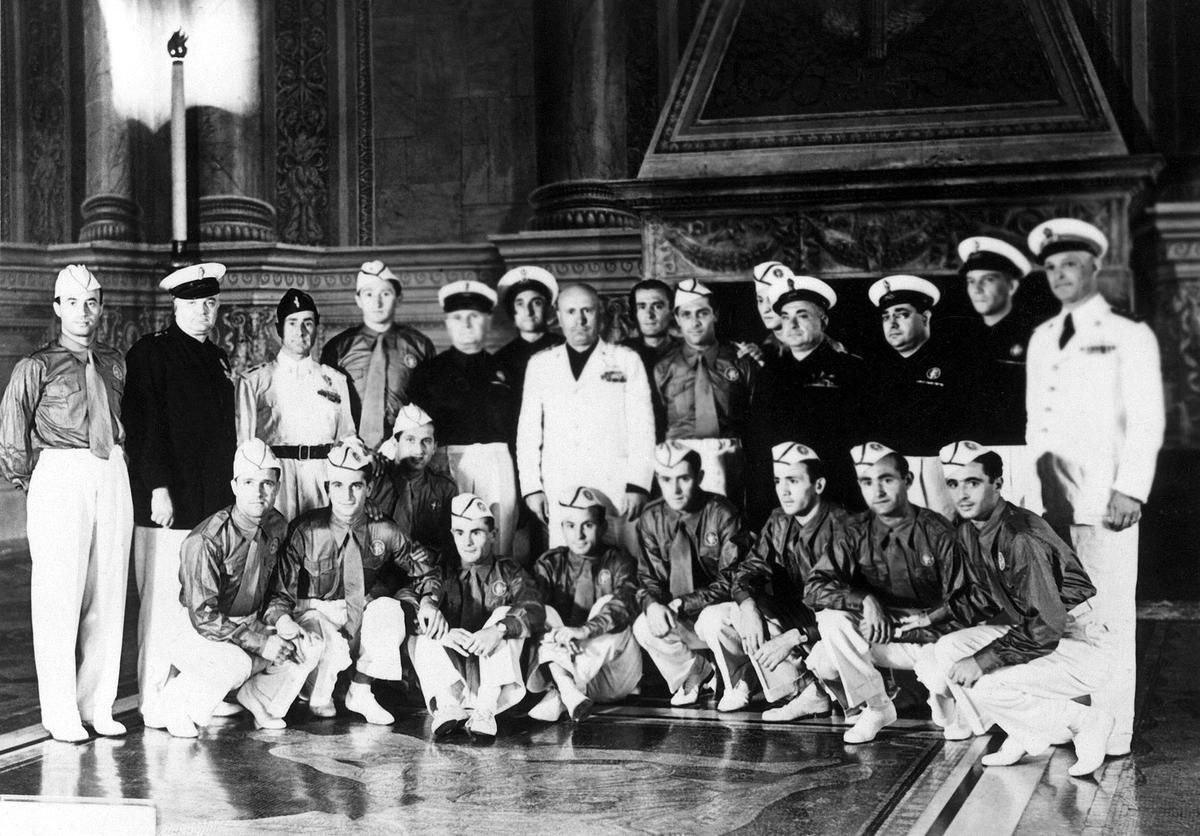[ad_1]
Right from the inaugural 1930 edition that host Uruguay won to the previous 2018 championship in Russia, the author highlights the anecdotes that nourish the Beautiful Game’s veins.
The tango between racing feet and a ball is the most elemental of sport. There is a lightness like riding a bike on highways and equally has the depth of personal histories blending with national legacies. The images from Doha during the FIFA World Cup again reiterate that eternal truth — football moves you in ways that can never be fathomed.
Morocco players bow down after their defeat to France at the FIFA World Cup Qatar 2022 semi-final at Al Bayt Stadium, Al Khor, Qatar.
| Photo Credit:
Reuters
It may be a sport that could be whittled down to goals scored or conceded and yet it is full of history, tales, joy and angst. And these are the traits that Luciano Wernicke pursues in his book The Most Incredible World Cup Stories. Right from the inaugural 1930 edition that host Uruguay won to the previous 2018 championship in Russia, the author highlights the anecdotes that nourish the Beautiful Game’s veins.
Nuggets of hope
In his preface, Wernicke pens: “Football shows daily there is hope.” And this fuss-free philosophy holds the book together. Two national squads turn up and realise that their jerseys are identical; one borrows the local colours of a neighbourhood club and the game progresses. This isn’t exactly a tome with the flourish associated with Eduardo Galeano or the been-there-seen-that tone seen in Brian Glanville’s books, but the writer allows fact-based accounts to breathe and move the narrative forward.

Benito Mussolini (centre, in white) poses with the Italian national soccer team during a reception at the Palazzo Venezia in Rome in 1938. Italy, winner of the 1934 World Cup, retained its title, with a 4-2 victory over Hungary.
| Photo Credit:
AFP
During the 1934 edition in Italy, dictator Benito Mussolini meets the Italian coach Vittoria Pozzo and tells him: “You are solely responsible for the success, but God help you if you fail.” Even before sportswashing became part of the lexicon, Wernicke subtly reveals how it existed during the time of despots and the ‘Great Wars’.

Diego Maradona of Argentina, remembered for scoring ‘the finest goal in World Cup history’ in 1986.
| Photo Credit:
The Hindu Photo Archives
Be it Pele or Diego Maradona, the author offers snapshots that reveal their impact. Shifting his gaze to 1986, Wernicke writes about Argentina as ‘a team made up of Maradona and ten others’. Right from those days when teams sailed for a fortnight to the latest era of quick flights, the author offers nuggets for the football-lover to turn nostalgic. You cannot ask for more from a book that also lists varied records linked to the World Cup. Even the number-crunching nerds will be happy.
The Most Incredible World Cup Stories; Luciano Wernicke, Niyogi Books, ₹595.
vijayakumar.kc@thehindu.co.in
[ad_2]
Source link


